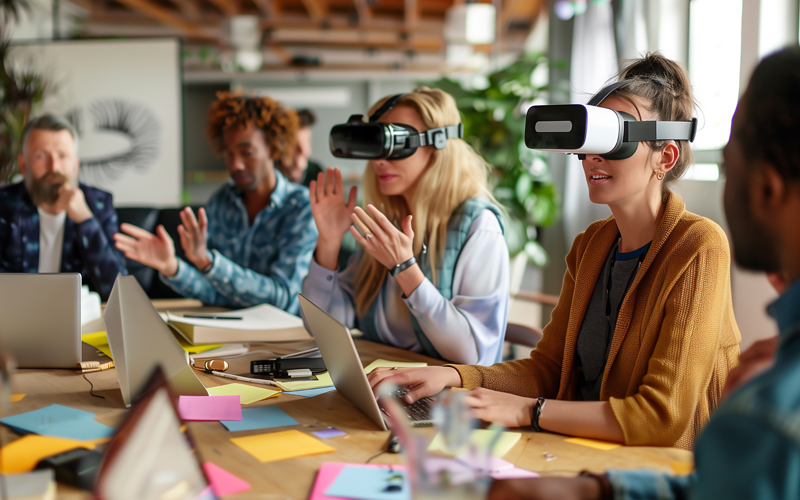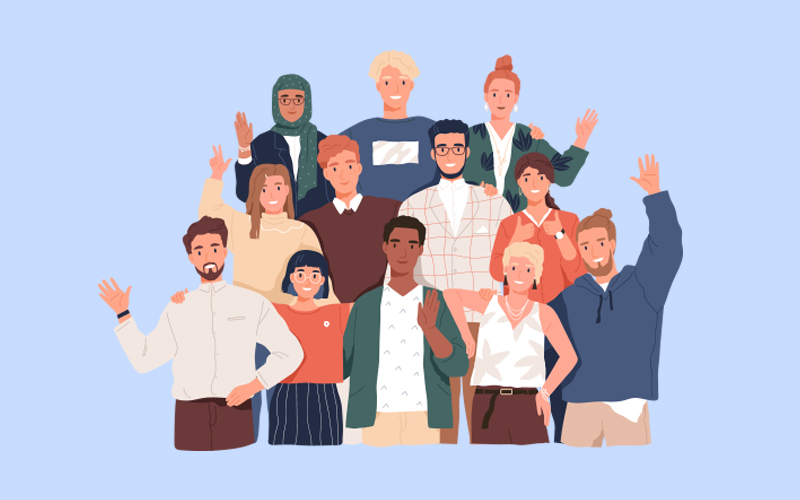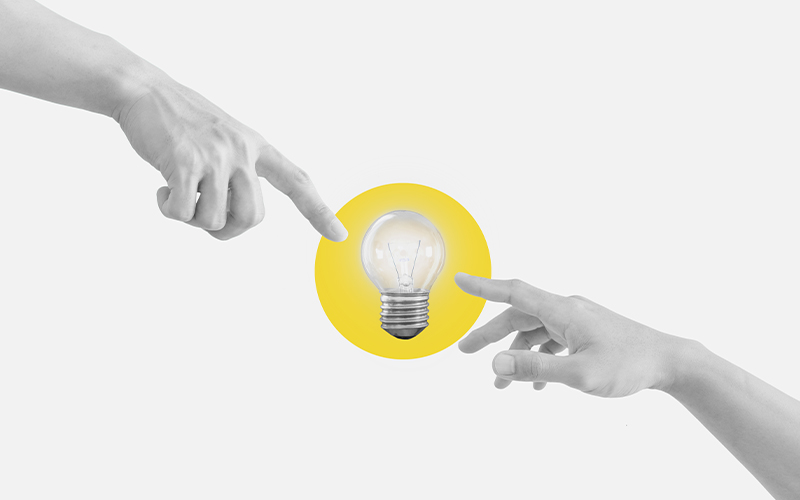With the widespread focus and interest in the various ways Artificial Intelligence (AI) has started influencing and impacting specific areas, it must come as no surprise that AI is rapidly transforming the sphere of Human Resources (HR) too. AI has been reinventing critical HR responsibilities and is being used across tasks – whether it is in recruitment, performance management or onboarding. So, how is AI being integrated into the realm of HR? Let us consider a few areas.
Recruitment
Gone are the traditional ways of doing things while recruiting candidates into an organisation. AI algorithms and tools have now certainly made their mark in the field of recruitment. AI algorithms analyse resumes and can shortlist profiles that match specified job descriptions. AI tools even can learn from earlier hiring decisions and predict which profiles meet and match the said requirements. Video interview platforms also have AI integrated into them reducing human error rates and creating a fair chance for each candidate to make the grade.
A few years back, the global furniture and lifestyle company Ikea used an AI-based hiring assistant – 'Robot Vera' which was built by a 2017 Russian startup. Vera could do what a human could not – conduct 1,500 interviews in a single day and send out customised follow-up emails to candidates. Companies like Kraft Heinz are very particular about diversity and use AI tools to ensure that their job ads eliminate any unconscious bias and use inclusive language to help build a diverse applicant pool.
Improved employee onboarding
It is no secret that employee onboarding is one of the most crucial stages of welcoming a new employee to an organisation and making the employee comfortable and at ease. AI systems have had a profound impact here as well by automating some of the repetitive tasks related to onboarding and providing personalised experiences to new hires. AI-powered chatbots ease the load on the HR department by responding to common queries from new employees. AI-driven learning and development programmes are used to suggest training modules based on candidates’ skills and areas for development.
Performance management
Spotify, which runs one of the most popular audio streaming subscription services, has an AI-powered performance management system. The company’s internal talent marketplace called Echo uses AI-automated matching to enable employees to find relevant projects and new growth opportunities within the organisation. Echo even identifies the learning and development needs of the employees and gives them a chance to learn from the best talent at Spotify (based on skills) by using AI to match employees with mentors from across the globe. On similar lines, several other companies use the benefits of AI to augment the skill sets of their employees.
Analytics and Reporting<
AI primarily helps HR departments get better insights about their organisations’ employees. These insights can be utilised to plan for improved organisation performance and efficiency. Apart from all this, AI enables workforce planning by anticipating workforce requirements that would be needed for the future of an organisation. The technology can be used to predict the potential impact of any decision on employee sentiments, which could, in turn, impact their longevity with the organisation.
Employee engagement
AI chatbots interact with potential candidates and answer typical queries that candidates have regarding the company, job and application process. Predictive analytics is used to find patterns in employees’ behaviour and gain insights about their engagement levels with the organisation. The analytics can be used to predict employee turnover and prompt HR departments to take suitable steps to intervene and ensure that those candidates are re-engaged. AI even has the potential to improve mental health at the workplace by identifying patterns and early warning signs in employee behaviour, so that HR departments can proactively offer support.
It is clear that AI is well-entrenched in the realm of HR. In fact, according to Gartner, 76% of Human Resources leaders believe that if their organisation does not adopt and implement AI solutions in the next 1 or 2 years, they will not succeed as other companies do. If your organisation’s HR department has not jumped on the AI bandwagon yet, it is time to do so without further delay!







